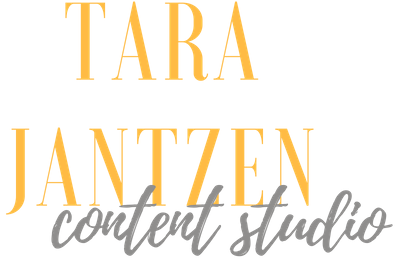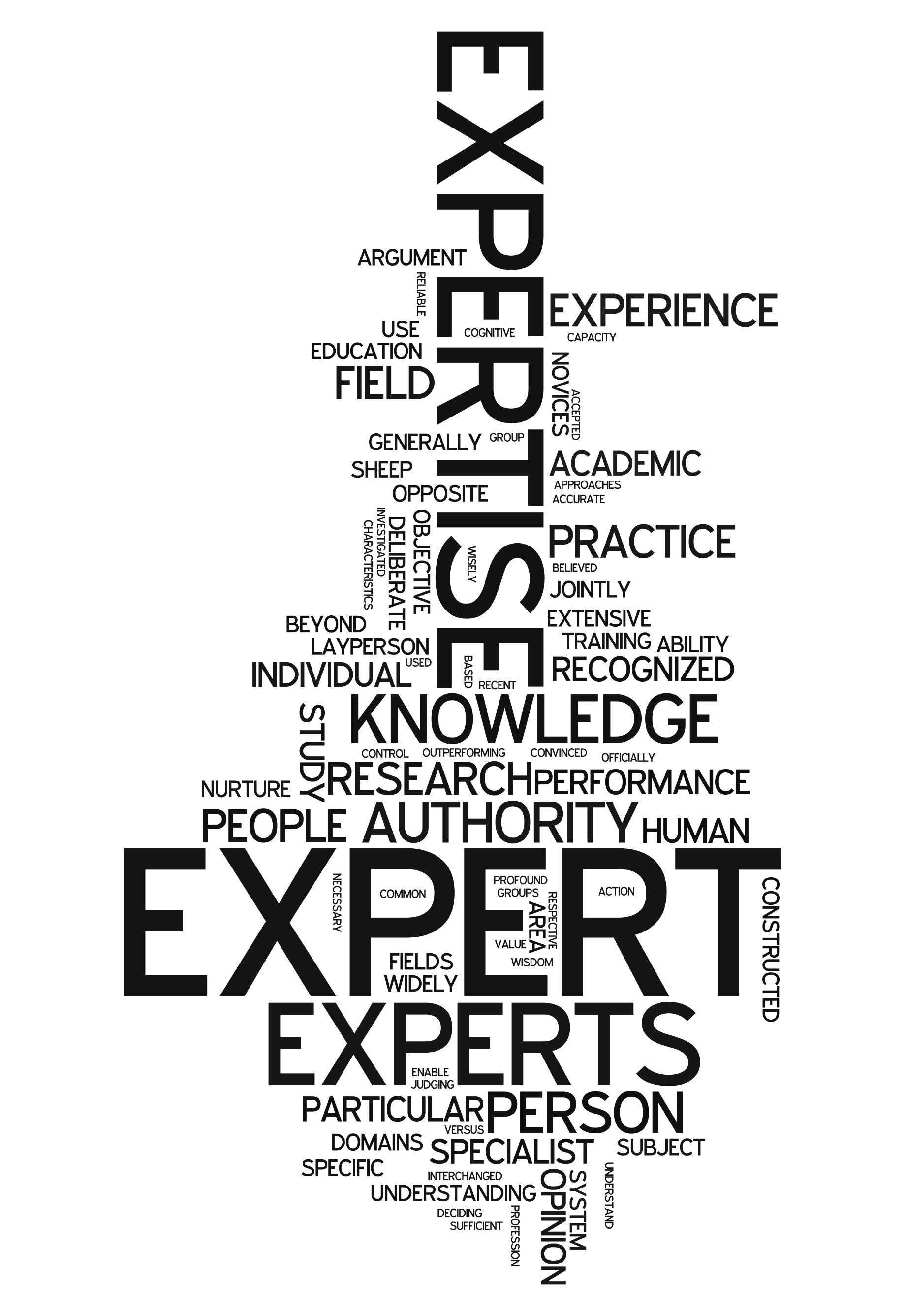Driving new thought leadership and premium media opportunities for an organization requires a thoughtful communications plan aligned to core business priorities and goals. But you also have to partner with the best people to develop critical content, leverage in the right press opportunity, and to seamlessly showcase the deep thought leadership of your organization and its clients.
This is where a solid subject matter expert (SME) program can make an enormous difference in your planning efforts.
What is a SME?
Simply put, a SME is an individual with deep knowledge, skill, and expertise in a particular subject area or domain. There may be varying levels of proficiency or focus, and that’s a good thing as it allows you to leverage individuals in multiple ways.
When looking to build a successful SME program for your organization, there are numerous things to consider, collect, and prepare before launching. Below are key components to jump-start an impactful thought leadership program.
Identify Topics and Experts
Presumably, you have some idea of the products or services your organization provides in the market, what the top business priorities are or where your leadership wants to focus attention, and how those align with specific topics and trends. All of this should be your compass when developing content and positioning experts within the media. And be sure to regularly reassess these as in most organizations they change or evolve, and often rather quickly.
Once you know the core areas of focus, it’s time to mine the organization for the best SMEs to support each. It’s best to look for multiple individuals when and where you can so you don’t overuse one person – be mindful that they need to focus most of their time with clients and multiple business priorities, so use them wisely
Profile and Categorize Experts
To fully understand the abilities of a SME, I highly recommend you interview each at least once so you have a clear picture of their expertise and how it fits within a content area. SMEs may be unrealistic about where they can provide the most value. Some may overestimate their abilities, while there are others that haven’t a clue about how much they bring to the conversation. A thorough interview can help to extrapolate much of that in advance.
Be sure to ask good questions that dive into their topic area(s) and where they have the deepest knowledge. Find out how much they understand key trends and best practices, where the industry is going, what the market is talking about, what competitors are doing in the space, and how your organization is unique. Are they more technical or strategic in their experience? Throw questions at them that a reporter may ask to see if they would interview well. This can help you to determine if media training is necessary. Ask about their writing experience and comfort level and get samples. Find out if they are publishing content anywhere else, and if they already have, what the restrictions are for reusing or promoting that content.
By the end of the interview, you want to understand how best to leverage each person – through media interviews, bylined articles, white papers, video clips, deep technical interviews, high-level strategic placements, speaking engagements, and more. You also should be able to categorize them as a tier 1, 2, or 3 level SME so you can quickly pull them for the right opportunity. Tier 1 may be your advanced SME that can many times be quite versatile, whereas a tier 2 or 3 may be someone that needs to sharpen their interviewing skills or may be more technical and reserved for specific trade publication interviews. It also may be a great way to allow a more junior person to partner with a top expert as they advance up growth levels.
Create a SME Content Package
Collecting a full set of content on each SME is important as it helps you move quickly on any given opportunity. Collecting theses items at point-of-need can result in a misaligned opportunity or a missed deadline in most cases. Be prepared.
Sales Collateral / Core Assets: As you conduct the initial interview, ask your SMEs to share any pertinent content or documents that support their specific subject areas and also may help in positioning them with the media. Clearly outlined solution or service presentations, sales collateral, white papers, or case studies can help to educate you or your PR agency as you articulate ideas to a reporter. Ideally, this content is represented on some level via your external website, and if not, it might be a good time to get it out there.
Points-of-View: Identify the top 2-5 areas a SME should develop a short point-of-view (POV). These can be used to pitch to the media, can be posted to your online newsroom, or can be the basis for blog posts or byline opportunities. Having up-to-date points-of-view based on market relevance is a great way for your SMEs to stay focused on a topic and for you and your team to ensure your ideas are in step or ahead of the conversation. If an idea feels outdated or stale, connect with your SME to see how it can be refreshed, modernized, or retired if necessary. Also, ensure these POVs are aligned to what leadership considers the organization’s view. In some cases, there may be conflicts or slight variances.
SME Profile: Have each SME fill in a profile to capture all the details of what you’ll need to leverage their knowledge and promote them as a thought leader. This can include more about their education or work experience, charities or active Boards they sit on, content they’ve published or may be published soon, innovative projects they are currently working on, awards and recognitions achieved, social media handles they are actively using, and specific client examples to support topics.
Biography: Ensure you have a professional bio for each, preferably a shorter one and a lengthier one so you can use for multiple purposes.
Headshots: Get their professional headshots in both hi-res and low-res formats. If they don’t have one, work with a professional photographer to set up a photo session for all SMEs in one day. If individuals are in multiple geographies, look into a network of photographers that can provide a similar look and feel for consistency.
Set Expectations
Create a formal “agreement” for SMEs clearly outlining required activities and expectations to make the program successful. These may include conducting a certain number of interviews, publishing on the company blog so many times, writing xx number of bylines, participating in various speaking opportunities, being part of video series, and more. There also may be business goals or expectations executive leadership has in mind, so be certain to identify those in advance so everyone is on the same page with what should be accomplished. Also, time box expectations – weekly, monthly, quarterly, annually.
If a SME has formalized performance goals with specific thought leadership or publishing activities, be certain you know what those are along with timelines so you can support them in achieving their goals. You may also be a good sounding board on how realistic some of them are – if a SMEs manager is expecting them to be published in the Wall Street Journal, you may need to be the voice of reason on whether that’s achievable.
Track and Measure Results
Organizations need to prove their programs and campaigns are providing the right value and can be declared successful. This is great for annual reporting, and also a practical way to secure budgets for next year. Reporting to leadership with the proper metrics is a critical part of your SME program. It’s also important to show respect and appreciation for your thought leaders.
As stated above, many SMEs have performance goals with their leadership, as well as business goals, and if you can provide supportive metrics that help them prove they’ve achieved good results, this goes a long way to building positive long-term working relationships. After all, if you help a SME achieve their personal and business goals, they’ll be more excited about helping you achieve yours.
Are there other ideas you have for building a successful subject matter expert program? How have you leveraged SMEs for your organization

